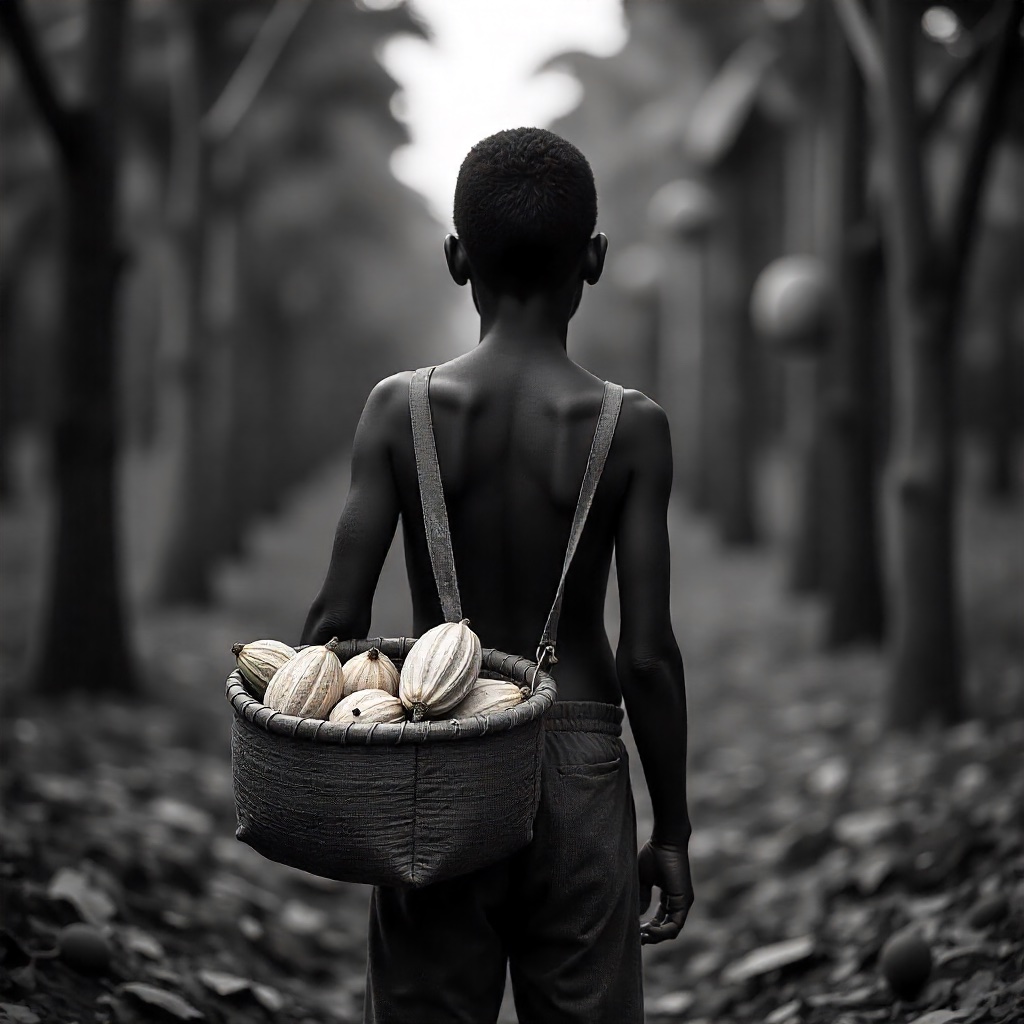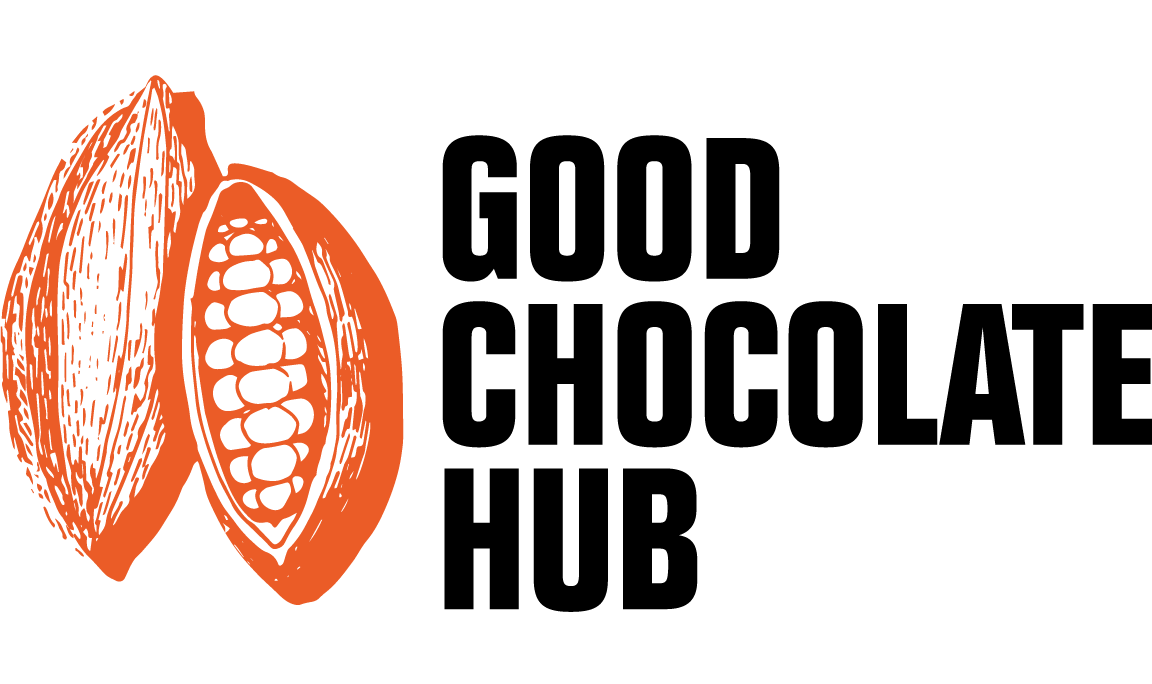
The cocoa sector faces serious human rights challenges, with child labour being the most widespread and severe issue. Approximately 1.56 million children, some as young as five, still work on cocoa farms in Côte d’Ivoire and Ghana, often performing hazardous tasks (definition hazardous child labour) like handling pesticides, using sharp tools, and carrying heavy loads. This work endangers their health, education, and development. Poverty drives many families to rely on child labour, compounded by limited access to education and low awareness of the risks. Despite commitments like the Harkin-Engel Protocol, progress in eliminating child labour has been slow and targets have been missed.
Beyond child labour, the sector also struggles with forced labour, human trafficking, gender inequality, unsafe working conditions, and inadequate wages. Addressing these human rights issues requires a multi-faceted approach: robust supply chain due diligence, ensuring living wages for farmers, improving education access, raising awareness among farmers, promoting sustainable farming, and fostering collaboration between governments, industry, and civil society. We believe that only through collective effort, sustained accountability of all stakeholders in the supply chain, and informed consumer engagement meaningful and lasting change can be achieved in the cocoa sector.
Sources
International Cacao Initiative (ICI): Child labour in cocoa.
EU Commission (2021): Ending Child Labour and Promoting Sustainable Cocoa Production in Côte d’Ivoire and Ghana.
Inkota (2019): Menschenrechtsverletzungen im Kakaoanbau – Warum wir ein Lieferkettengesetz brauchen.
Further links
SRF Rundschau (2024): In Schweizer Schoggi steckt Kinderarbeit.
NDR Doku (2024): Das Märchen von der sauberen Schokolade. (nur abrufbar in Deutschland)
UNICEF Schweiz: Kinderarbeit im Kakaoanbau – es braucht umfassende und nachhaltige Lösungen.


